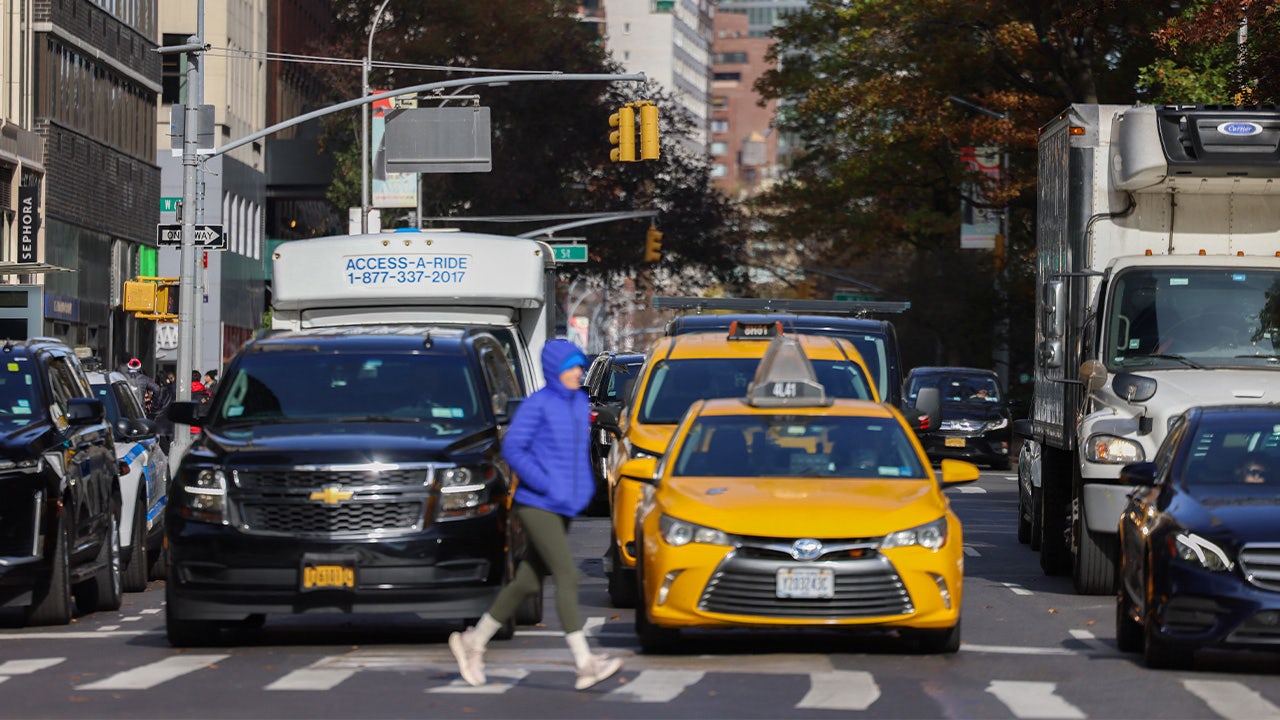World
A Tuesday morning in New York City
It was an Autumn day in September. I had
parked my car at the local hospital for an appointment and sat listening to the
radio for a few minutes as I was early. It was then that I heard the first
reports that told of an aircraft crashing into the World Trade Center in New
York City. There was a brilliant blue sky
over the city as the workday began. I had to leave the car before the further
report came through of a second aircraft hitting the Towers. While waiting in
the hospital, the television was relaying the first images to go worldwide of
what has become known simply by the date: “9/11.”
Where are we 23 years on? In a very dangerous and
uncertain world, I would suggest. In the intervening years, many lives have been
lost in conflict in different parts of the world. Not just military combatants
but innocent men, women, and children caught up in conflict but with no part in
the argument. The Cold War, for all its risks, was a clearer experience,
basically the democracies of the West confronting the communist states of the
East, living in the state that was called MAD — Mutually Assured Destruction.
Now, it is difficult to know who to negotiate with and who can make assurances that might be trusted.
Peace, peace will come; let it begin with me. Mary Chapin Carpenter’s haunting song “Grand Central
Station,” written just after the first anniversary, captures the
pain and emotion of those days. It starts with these words:
Got my work clothes on for love, sweat and dirt.
All this Holy dust upon my face an’ shirt.
Headin’ uptown now, just as the shifts are changin’,
To Grand Central Station.
I got my lunch box, got my hard hat in my hand.
I ain’t no hero, mister, just a workin’ man.
An’ all these voices keep on askin’ me to take them,
To Grand Central Station.
Grand Central Station.
Mary Chapin Carpenter’s “Grand
Central Station”
Let us be hopeful in difficult times. The words that follow, Manhattan, were written by me in October
2001, just days after the 9/11 attack. The clearing of the site was underway, a
process that would take many months.
Manhattan
Tears, white flecked fears, peeling paper-shreds,
fragments of floors, dust under a sunlit sky
early that Tuesday, this September,
on a mid-Manhattan morning.
Grey, dusted figures drift, stunned,
under this shattered Autumn-skied space,
figures stumble through down-town streets,
in wordless silence.
North and then, South
carrying early morning coffee cups,
greeting friends with idle chat
from lift doors and lobbies,
across a paper pile, stacked
here and there,
still under yesterday’s desk,
till howling siren-scream,
as explosion then implosion,
took out first this floor,
then those above and many beneath.
South where orange glow
and scattered fragments filled
wide windows, open spaces where,
in stunned amazement, people stood.
The grey-haired banker,
the brash-young stock broker,
the imaginative engineer,
the young sharp-eyed carpenter,
staring speechless,
unable fully to understand,
secure still within their personal space,
beyond an expanding fireball.
Final impact on South, a faint line of hope gone,
as mothers of young ones,
the father of four; wives, husbands,
sisters, brothers, lovers, friends and families,
the casual workers, those city consultants,
the cluster of company directors,
their frantic fingers on mobile phones,
tapping out numbers and only cold voiced
answering machines responding.
Final call.
Ground
zero.
Chris McDonnell is a retired headteacher from England and a regular contributor to La Croix International.









